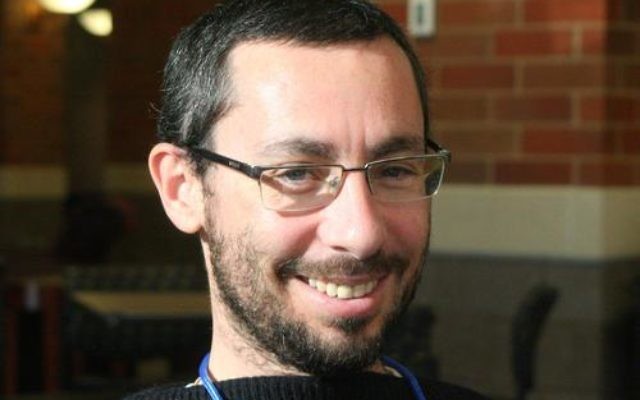Insight into an unstable region
THE biggest change, and challenge for Israel, in the Middle East is instability, according to Israeli political commentator Shmuel Rosner.
Speaking to journalists in Melbourne last week, Rosner said that Israel’s enemies from 10 or 20 years ago could be identified, which meant the Jewish State was able to identify leverage they might have on enemy governments, but it is not the same today.
“The Middle East is a very unstable environment,” he said.
“Only a week before Egypt’s president Hosni Mubarak was ousted from office in 2011 the chief intelligence officer for the IDF told a closed meeting at the Knesset that ‘it’s going to be tough but the Mubarak government should survive’.
“There is no-one with better knowledge and no-one wiser in the Middle East but even he couldn’t get it right because it is changing so quickly.”
Rosner also reflected on the peace deal that former Israeli prime minister Ehud Barak nearly made with Syria 15 years ago and the ramifications it could have had for Israel today.
“They were on the verge of a peace agreement between the two countries and the only thing that seemed to prevent them was a debate over whether the Syrians will get all of the Golan Heights, up until and including the shore of the Sea of Galilee.”
Rosner said that it seemed like a great misfortune at the time, but today Israelis realise that if the deal had gone through then ISIS could have been at the shore of the Sea of Galilee.
“It is great luck that the agreement was not reached, because otherwise we would have ISIS a lot closer to the population centres of Israel.”
Rosner said that Israel can not rely on luck, however, and that it needs the United States to remain engaged in the Middle East.
“The relationships between Israel and American security and intelligence agencies are all in good shape, but Israel has a stake in the United States staying involved.
“For Israel – to have a United States that is less involved in the Middle East is a problem,” Rosner said.
He said part of Israel’s national security strategy is built around the US/Israel alliance and the fact that all countries in the region know that the “big bully” is on Israel’s side.
“If the big bully is going some place else, Israel can no longer rely on the US as much as it used to, and that is a problem for Israel.”
During his trip to Melbourne, Rosner addressed students at Leibler Yavneh College and Bialik College, as well as a community forum last Wednesday night. He also spoke at the Zionist Federation of Australia plenum yesterday.
JOSHUA LEVI


comments